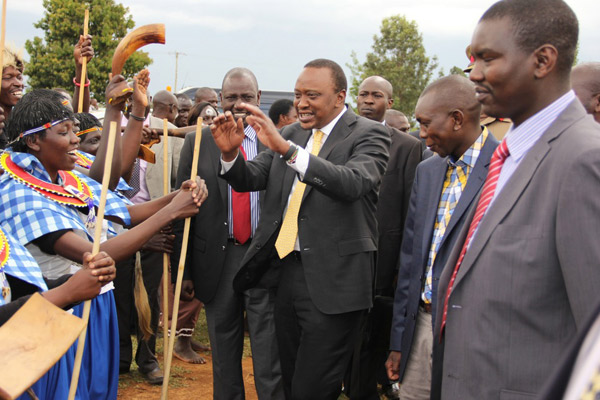
The lack of trust at the heart of Kenya’s democracy
Trust is critical to democracy. Citizens that trust each other not to exploit the system and more likely to pay tax and to follow the rules themselves. Leaders who trust each other are less likely to resort to violent strategies and more likely to accept the results of controversial political processes. As a result, the lack of trust at the heart of Kenyan politics is a major barrier to the consolidation of democracy.
Kenyans do not trust each other as much as Tanzanians. The World Values Survey, which asks citizens around the world about their activities, beliefs and opinions, has consistently found that Kenyans are less trusting than their counterparts on the other side of the border.
Indeed, compared to many societies in Africa, Kenyans are less likely to say that they trust people they don’t know, and less likely to say that they trust people they do know.
At the same time, domestic opinion polls regularly find that a majority of Kenyans lack trust in some of the county’s most important democratic institutions.
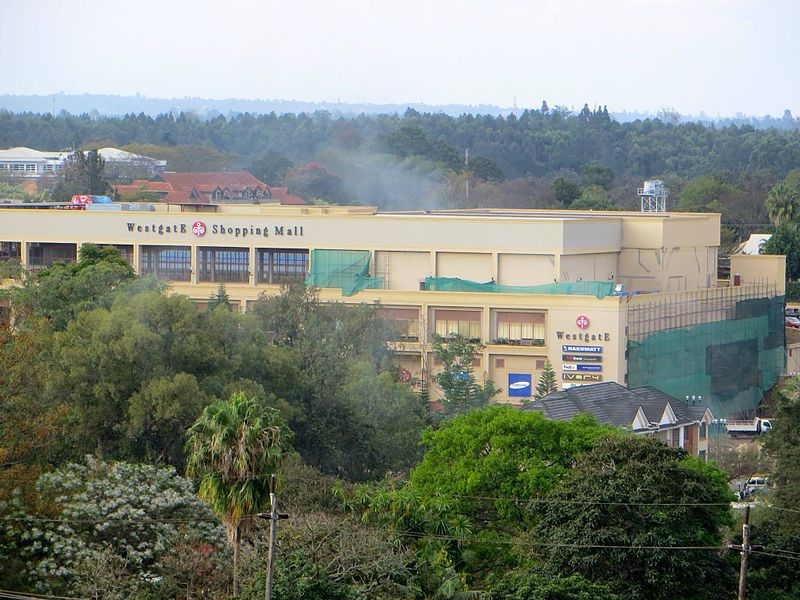
How to respond to the Nairobi terrorist attacks
Following the terrorist attack on the Westgate Mall in Kenya, there have been calls for the government to pursue a number of different strategies which, if they are implemented on their own, they are likely to fail.
An integrated approach is the only way to secure Kenya. But even this will have little effect unless it goes hand in hand with a serious attempt to reform the military and the police.
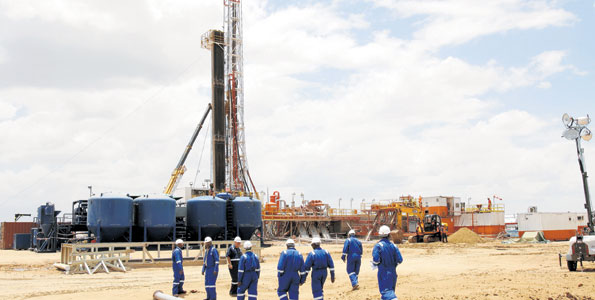
Now East Africa Faces the Resource Curse
Anniversaries make us reflect on our past. In this of all years, the temptation to look back on the highs and lows of nationhood is almost overwhelming.
Like most people approaching their senior years, independent Kenya is marking its 50th birthday by attempting to cling to its youth. A Kenyatta is back in State House and an Odinga faces an uncertain future of political isolation.
A system of devolved government is fighting for its life. The government is underpinned by an alliance of Kikuyu and Kalenjin. Even Moi seems to have broken his exile from public life. Most important of all, the economy is set for a period of sustained growth.
But reliving the Swinging 60s threatens to let the songs of the youth drown out the noise of real changes taking place.
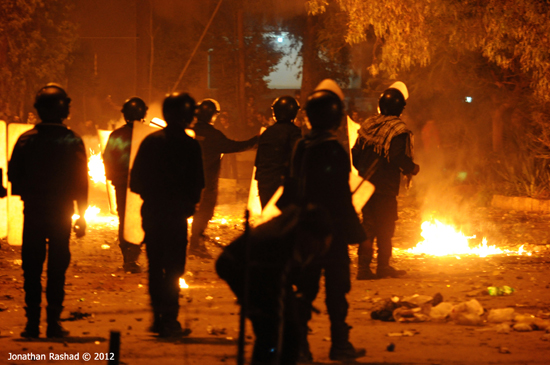
How to undermine democracy: lessons from Egypt?
Building democracy is a long-term project. It is also a frustrating one. Years of a painstaking process can lead to only a tiny step forwards. A moment of madness can set the process back decades.
Nowhere is this better illustrated than in Egypt, where the hope and optimism of the Arab Spring has already turned to despair and fear. New democracies and foreign powers that support them often ignore this point.
When opposition parties win power, they usually take little care to deliver on their promises. Donors such as the United States and France invest vast amounts of money in supporting elections but sometimes forget that this can be meaningless if they do not defend democratic principles along the way.
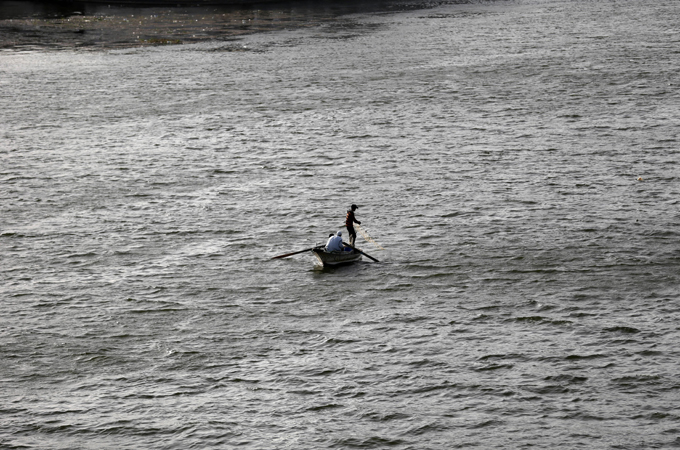
Why a ‘water war’ over the Nile River won’t happen
Is northeastern Africa heading for a bloody “water war” between its two most important countries, Egypt and Ethiopia? Judging by the rhetoric of the past two weeks, one could be forgiven for thinking so.
Ethiopia’s plans to build a multibillion dollar dam on the Nile River spurred Egyptian President Mohamed Morsi – whose country lies downstream from Ethiopia – to vow to protect Egypt’s water security at all costs. “As president of the republic, I confirm to you that all options are open,” he said on Monday. “If Egypt is the Nile’s gift, then the Nile is a gift to Egypt… If it diminishes by one drop, then our blood is the alternative.”
The following day Dina Mufti, Ethiopia’s foreign ministry spokesman, said that Ethiopia was “not intimidated by Egypt’s psychological warfare and won’t halt the dam’s construction, even for seconds”.
Morsi’s bellicose warnings followed the suggestions of leading Egyptian politicians on television last week that Cairo should prepare airstrikes and send special forces to uphold its God-given right to the lion’s share of Nile waters. The Ethiopian government of Prime Minister Hailemariam Desalegn has signalled that it is not impressed and that it will carry on with work on the multibillion dollar Great Ethiopian Renaissance Dam – a move seen by some as raising temperatures further, possibly triggering the “water wars” that pessimists have long predicted will characterise the geopolitics of the 21st century.
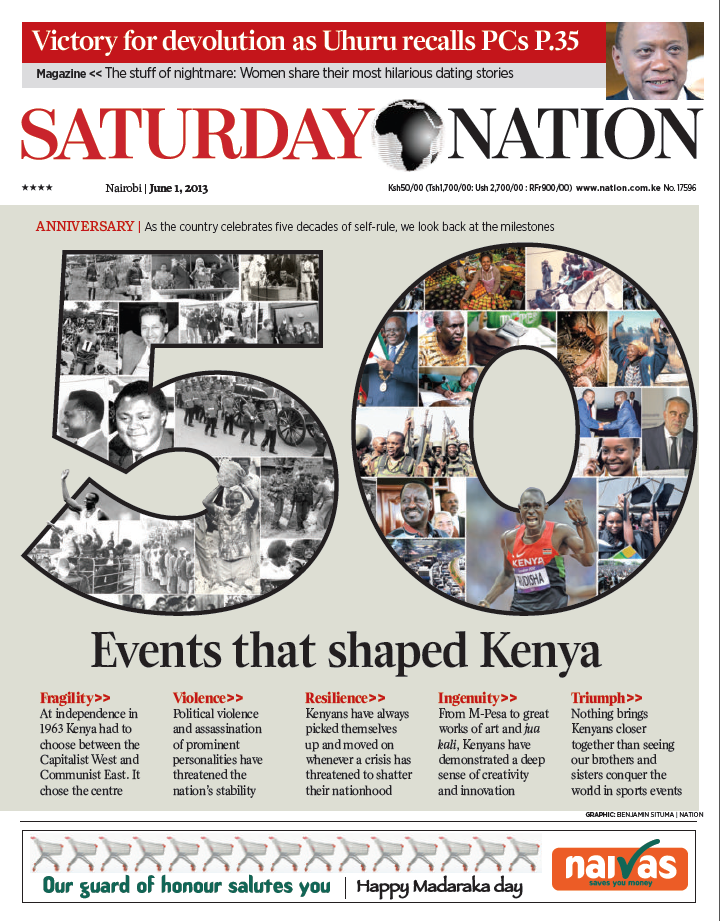
50 events that shaped Kenya
In July 1962, Tom Mboya set out his vision of the new nation in a speech as powerful and heartfelt as any other in Kenya’s history. Delivered to the bedrock of colonial society, the white settlers in the Kenya National Farmers’ Union, Mboya observed that “to date, our people have been dragged through history”. He promised: “Henceforth, we will write our own history.”
What history have Kenyans written? This year marks the fiftieth anniversary of Kenyan independence from British rule. To mark the occasion Kenya’s Daily Nation – the largest newspaper in East and Central Africa with a circulation of over 200,000 – published a front page article written with my long time co-author Daniel Branch that discusses 50 events that have shaped Kenya since independence.
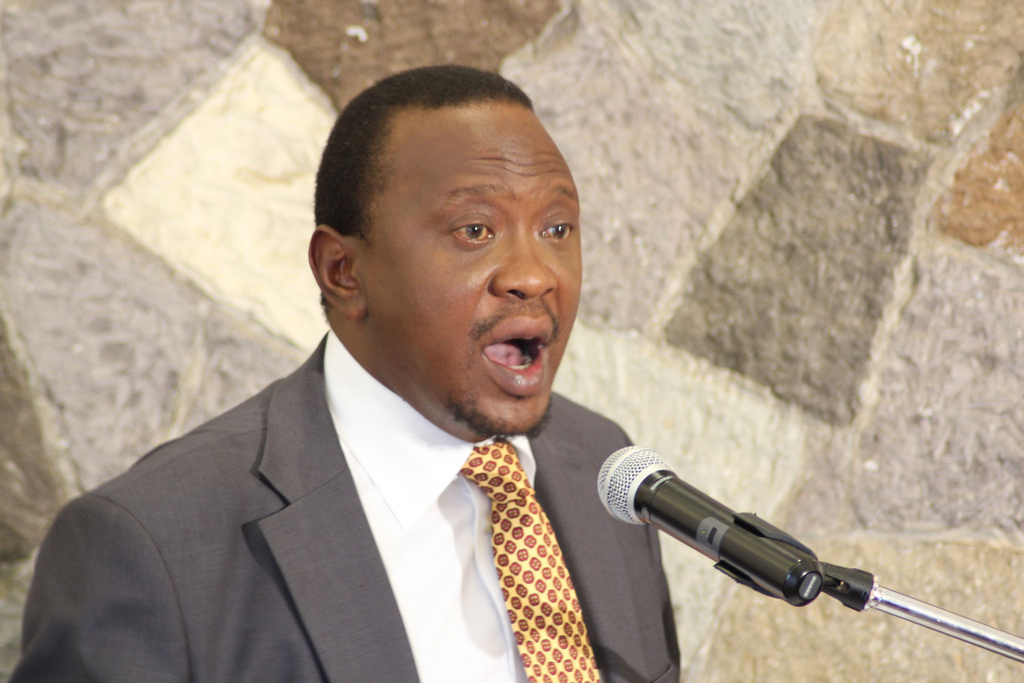
Kenya’s hopes for justice in the hands of the accused
On March 30, the Kenyan Supreme Court faced its most critical challenge to date, as it delivered its verdict on the petition contesting the results of the presidential election held on 4 March. In its landmark decision the judicial body upheld Uhuru Kenyatta’s victory as declared by the Independent Electoral and Boundaries Commission (IEBC) on 9 March. While the verdict was certainly disappointing for Raila Odinga and his supporters, the decision to contest the election through the Courts and – most crucially of all – accept its verdict, is a powerful vote of confidence in Kenya’s reformed judiciary. Odinga’s decision to contest the election through the Courts stands in sharp contrast to the disputed election of 2007-08. Five years ago, lack of faith in Kenya’s judiciary meant that challenges to the poll results played out in the streets, leading to widespread violence that swept across the country. With nearly 1300 killed and hundreds of thousands displaced, the 2007-08 post-election violence amounted to Kenya’s worst political crisis since independence.
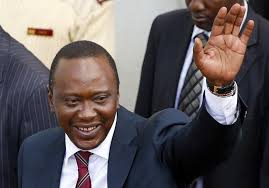
What President Uhuru Kenyatta’s victory means for Kenya in the next five years
Following one of the most tightly fought elections in Kenya to date, Uhuru Kenyatta was recently announced as the country’s new president.
The news came after the Independent Electoral and Boundaries Commission (IEBC) conducted an audit of its final tallies to ensure it could rebuff the criticisms – made by supporters of second-place-candidate Raila Odinga – that some provinces had counted more votes than there were registered voters. Odinga’s Coalition of Reforms and Democracy (CORD) will bring their complaints to the Kenyan Supreme Court but their protests are being outweighed by the ‘thumbs up to polls’ given by the EU mission and the approval given by the African Union and Commonwealth observer groups. The recent groundswell of opinion supports their verdict: Kenya has a new president, who has been freely and fairly elected.
What does Kenyatta’s victory mean for Kenya’s next five years? There are big changes on the way that will challenge and re-design the country as we have come to know it.









